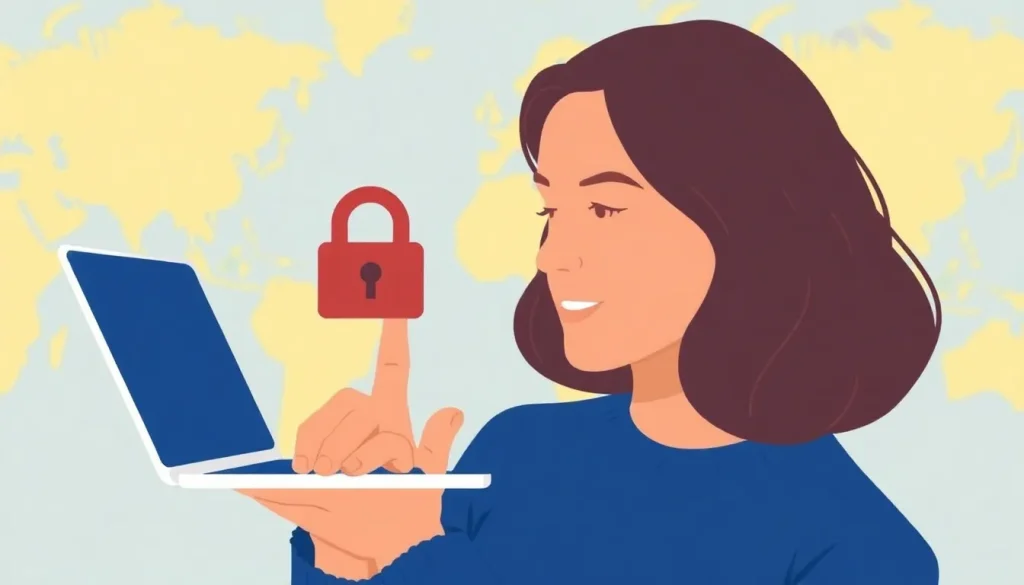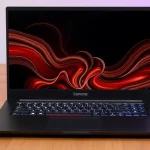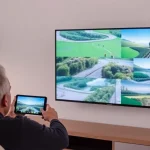When you need a VPN for these 4 essential activities

In today's digital age, the importance of online privacy cannot be overstated. While many experts advocate for the use of a VPN (Virtual Private Network) to secure personal information, the reality is that not everyone requires one for their everyday browsing activities. Understanding when and why you might need a VPN can help you make informed decisions about your online security. Let’s dive into the details.
Understanding VPNs and Their Importance
VPNs are tools designed to enhance your privacy while you browse the internet. They create a secure connection between your device and the internet, encrypting your data and masking your IP address. This can be beneficial for various reasons, but not every internet user needs this level of protection.
Here are some key reasons why VPNs are often recommended:
- Data Encryption: VPNs encrypt your internet traffic, making it difficult for third parties to intercept your data.
- IP Address Masking: By masking your IP address, VPNs help maintain your anonymity online.
- Access Restricted Content: VPNs allow users to bypass geographical restrictions on content.
However, for casual users, these features may not be necessary. Let's explore situations where using a VPN is strongly advisable.
When should you consider using a VPN?
While casual browsing may not require a VPN, there are specific scenarios where having one becomes crucial. Here are four key situations:
1. Accessing Geo-Restricted Content
Many online services restrict content based on geographic location, commonly known as geofencing. This is particularly prevalent in streaming platforms like Netflix or Hulu, which may offer different libraries in various countries.
- If you're traveling and want to access your favorite shows unavailable in your current location, a VPN can help.
- For example, if you’re in Australia and want to watch a U.S.-only show, a VPN can make it appear as if you’re browsing from the U.S.
Furthermore, bypassing these restrictions can enhance your viewing experience and provide access to a wider range of content.
2. Using Public Wi-Fi Networks
Public Wi-Fi networks, such as those in cafes, airports, or hotels, are often unsecured and can be hotspots for cybercriminals. These hackers can exploit vulnerabilities in the network to intercept sensitive data.
- A VPN encrypts your internet connection on public Wi-Fi, safeguarding your personal information from potential eavesdroppers.
- This protection is crucial when accessing banking apps or entering personal information online.
Without a VPN, you may unknowingly expose your data to harmful entities lurking on the same network.
3. Bypassing Government Censorship
In some countries, the government imposes strict censorship laws, limiting access to specific websites or online services. This can include anything from social media platforms to news sites.
- In such cases, using a VPN can help you circumvent these restrictions, allowing for greater freedom of expression.
- A VPN encrypts your online activities, making it much more difficult for authorities to monitor your browsing habits.
While a VPN does not guarantee complete anonymity, it significantly enhances your privacy and security against censorship.
4. Engaging in Sensitive Transactions
If your online activities involve sharing sensitive information, such as financial transactions or personal communications, a VPN is a wise choice. The encryption provided by the VPN can help protect this data from potential breaches.
- For example, when making online purchases or using online banking services, a VPN can mitigate the risk of data theft.
- This is especially true when accessing such services over a less secure internet connection.
In short, if you're handling sensitive data, the benefits of using a VPN far outweigh the costs.
Potential Downsides of Using a VPN
While VPNs offer numerous benefits, they are not without their drawbacks. Understanding these can help you make a more informed decision about whether or not to use one.
- Reduced Speed: The encryption process can slow down your internet speed, especially if the VPN server is far from your location.
- Cost: Quality VPN services often come with subscription fees, which may not be justifiable for casual users.
- False Sense of Security: Some users may believe that using a VPN makes them completely anonymous online, which is not the case.
Evaluating these potential downsides is crucial for understanding the overall value of a VPN in your specific situation.
Do you need a VPN on your phone?
The need for a VPN on mobile devices is similar to that on desktops. If you frequently use your phone on public Wi-Fi, access geo-restricted content, or engage in sensitive transactions, a VPN can provide critical security benefits.
Moreover, mobile devices often carry a wealth of personal information, making them attractive targets for hackers. Therefore, using a VPN on your phone can help protect your data while you're on the go.
How to choose the right VPN
Choosing a VPN service can be daunting due to the multitude of options available. Here are some factors to consider when selecting a VPN:
- Speed and Performance: Look for a VPN that offers fast and reliable connections.
- Privacy Policy: Ensure the provider has a strict no-logs policy to protect your data.
- Server Locations: A wider range of server locations allows for better access to geo-restricted content.
- Customer Support: Good customer service can be beneficial if you encounter issues.
By focusing on these areas, you can select a VPN that fits your needs effectively.
Conclusion: Is a VPN really necessary?
Ultimately, whether or not you need a VPN depends on your specific online activities. For casual browsing, the inherent security measures provided by websites may be sufficient. However, if you find yourself in situations involving sensitive data, public Wi-Fi, or geo-restricted content, a VPN becomes an essential tool for enhancing your online security.
To further explore the topic of VPNs and their necessity, consider watching the following video, which provides insights into whether you really need a VPN:




Leave a Reply